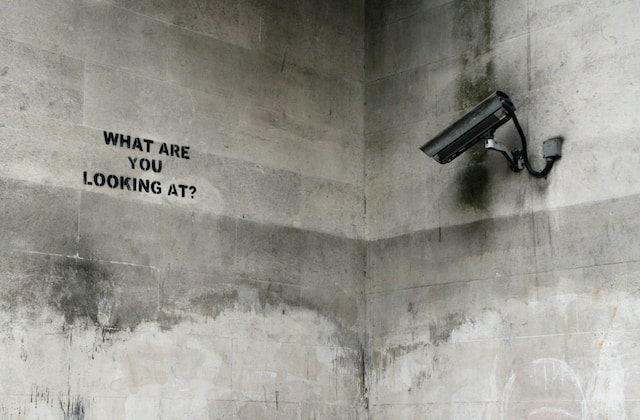From 2015 to 2019, I researched the ethical aspects of the practice of ‘doxing’ (or ‘doxxing’), where personal information is intentionally released to the public on the Internet, often with the goal of humiliating, threatening, intimidating, or punishing those identified.
In (Douglas, 2016) I present an account that distinguishes between three types of doxing: deanonymizing doxing (where personal information establishing the identity of an individual who was previously anonymous); targeting doxing that discloses personal information that reveals specific details about an individual that at usually private, obscure, or obfuscated; and delegitmizing doxing, where personal infomation is revealed to damage an individual’s credibility.
In (Douglas, 2018), I discuss how the concepts of ‘personal information’ and ‘identification information’ from the 1988 Australian Privacy Act correspond with the seven types of identity knowledge identified by Gary T. Marx. I argues that the statutory definitions in the Privacy Act should be expanded to provide better protection to victims of doxing in Australia.
In (Douglas, 2020), I present an ethical justification for doxing as a form of audience vigilantism in response to hate speech. I argue that deanonymizing doxing a proponent of hate speech is an appropriate means of combating hate speech if it is intended to begin a process of deradicalisation.
References
2020
-
Doxing as Audience Vigilantism against Hate Speech
David M. Douglas
In Introducing Vigilant Audiences, 2020
Doxing is the public release of personally identifiable information, and may be used as a tool for activism by removing the anonymity of individuals whose actions or stated beliefs harm others or undermine social cohesion. In this chapter I describe how doxing that deanomynises proponents of hate speech is a form of audience vigilantism. I argue that it is a defensible means of combating hate speech if it has the purpose of beginning a process of deradicalizing the identified individuals through reintegrative shaming. Such doxing must be motivated by a legitimate social need (in that they can be justified using premises and evidence acceptable to all in society),and must remain within socially tolerable bounds (in that it does not lead to physical harm, it is not indiscriminate, and is in response to injustices that are in principle recognisable to those who are not affected by it). I refer to several instances of doxing relating to proponents of hate speech to illustrate my argument and to demonstrate the importance of the legitimate social need and socially tolerable bounds criteria.
2018
-
Personal Information, Identification Information, and Identity Knowledge
David M Douglas
UniSA Student Law Review, 2018
This commentary responds to the primary article by Åste Corbridge in this volume entitled ‘Responding to Doxing in Australia: Towards a Right to Informational Self-Determination?’. It discusses the way that concepts of ‘personal information’ and ‘identification information’ from the Privacy Act 1988 (Cth) correspond with the seven crucial types of identity knowledge identified by Gary T. Marx and argues that these statutory definitions should be expanded to offer better protection to victims of doxing in Australia.
2016
-
Doxing: A Conceptual Analysis
David M. Douglas
Ethics and Information Technology, Sep 2016
Doxing is the intentional public release onto the Internet of personal information about an individual by a third party, often with the intent to humiliate, threaten, intimidate, or punish the identified individual. In this paper I present a conceptual analysis of the practice of doxing and how it differs from other forms of privacy violation. I distinguish between three types of doxing: deanonymizing doxing, where personal information establishing the identity of a formerly anonymous individual is released; targeting doxing, that discloses personal information that reveals specific details of an individual’s circumstances that are usually private, obscure, or obfuscated; and delegitimizing doxing, which reveals intimate personal information that damages the credibility of that individual. I also describe how doxing differs from blackmail and defamation. I argue that doxing may be justified in cases where it reveals wrongdoing (such as deception), but only if the information released is necessary to reveal that such wrongdoing has occurred and if it is in the public interest to reveal such wrongdoing. Revealing additional information, such as that which allows an individual to be targeted for harassment and intimidation, is unjustified. I illustrate my discussion with the examples of the alleged identification of the creator of Bitcoin, Satoshi Nakamoto, by Newsweek magazine, the identification of the notorious Reddit user Violentacrez by the blog Gawker, and the harassment of game developer Zoe Quinn in the ‘GamerGate’ Internet campaign.
